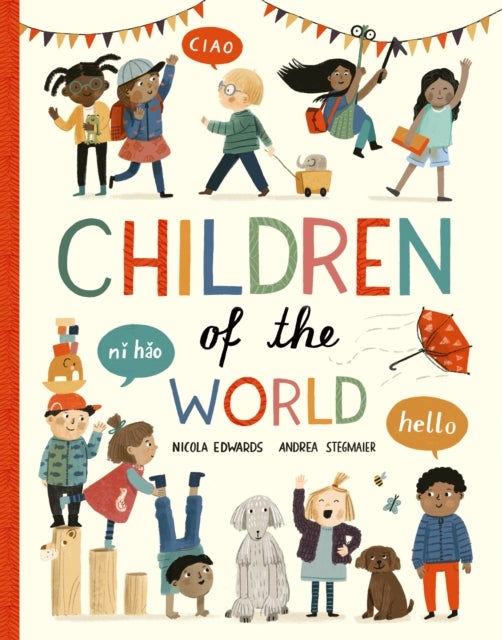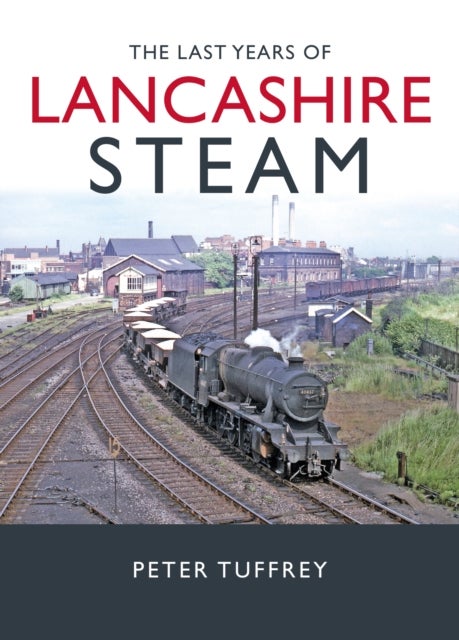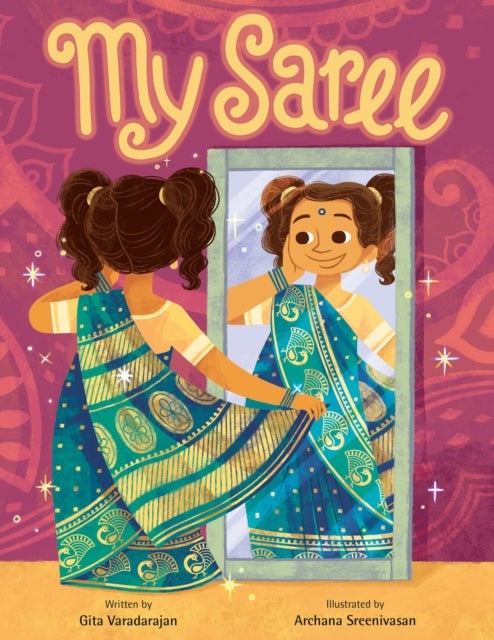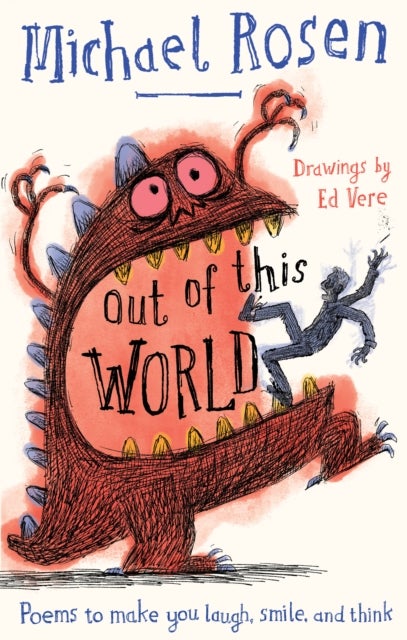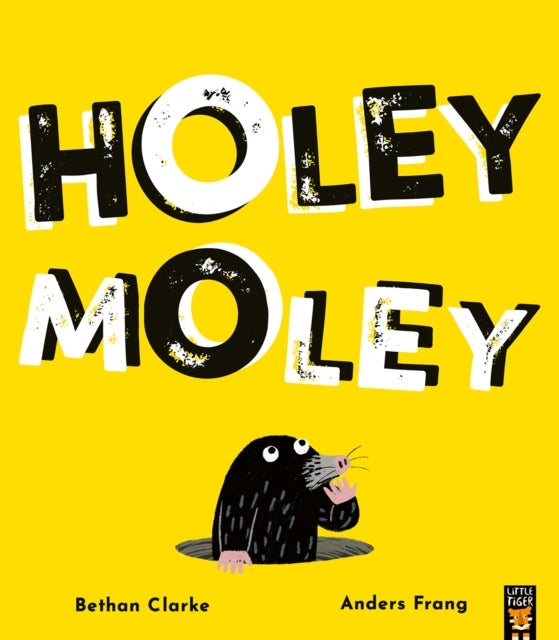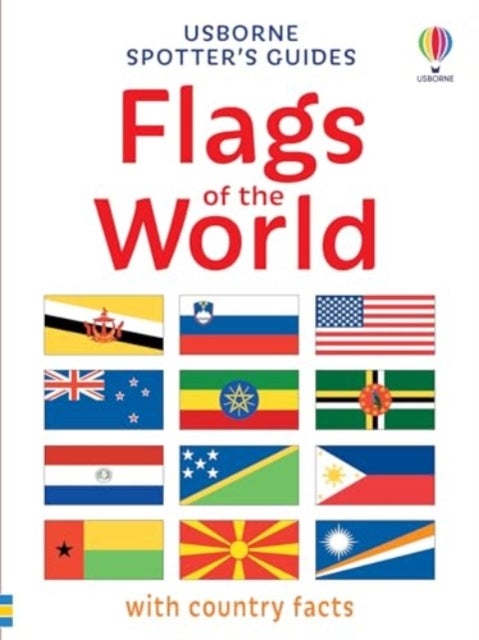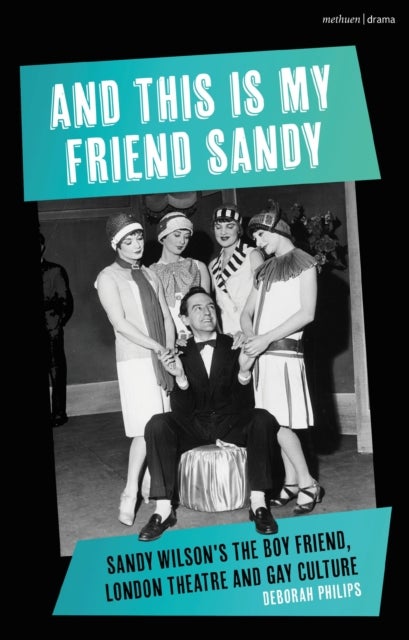
And This Is My Friend Sandy av Dr Deborah Philips
299,-
This book situates the production of <i>The Boy Friend </i>and the Players¿ Theatre in the context of a post-war London and reads <i>The Boy Friend</i>, and Wilson''s later work, as exercises in contemporary camp. It argues for Wilson as a significant and transitional figure both for musical theatre and for modes of homosexuality in the context of the pre-Wolfenden 1950s.Sandy Wilson''s <i>The Boy Friend</i> is one of the most successful British musicals ever written. First produced at the Players'' Theatre Club in London in 1953 it transferred to the West End and Broadway, making a star out of Julie Andrews and gave Twiggy a leading role in Ken Russell''s 1971 film adaptation. Despite this success, little is known about Wilson, a gay writer working in Britain in the 1950s at a time when homosexuality was illegal.Drawing on original research assembled from the Wilson archives at the Harry Ransom Center, this is the first critical study of Wilson as a key figure of 1950s British theatre

